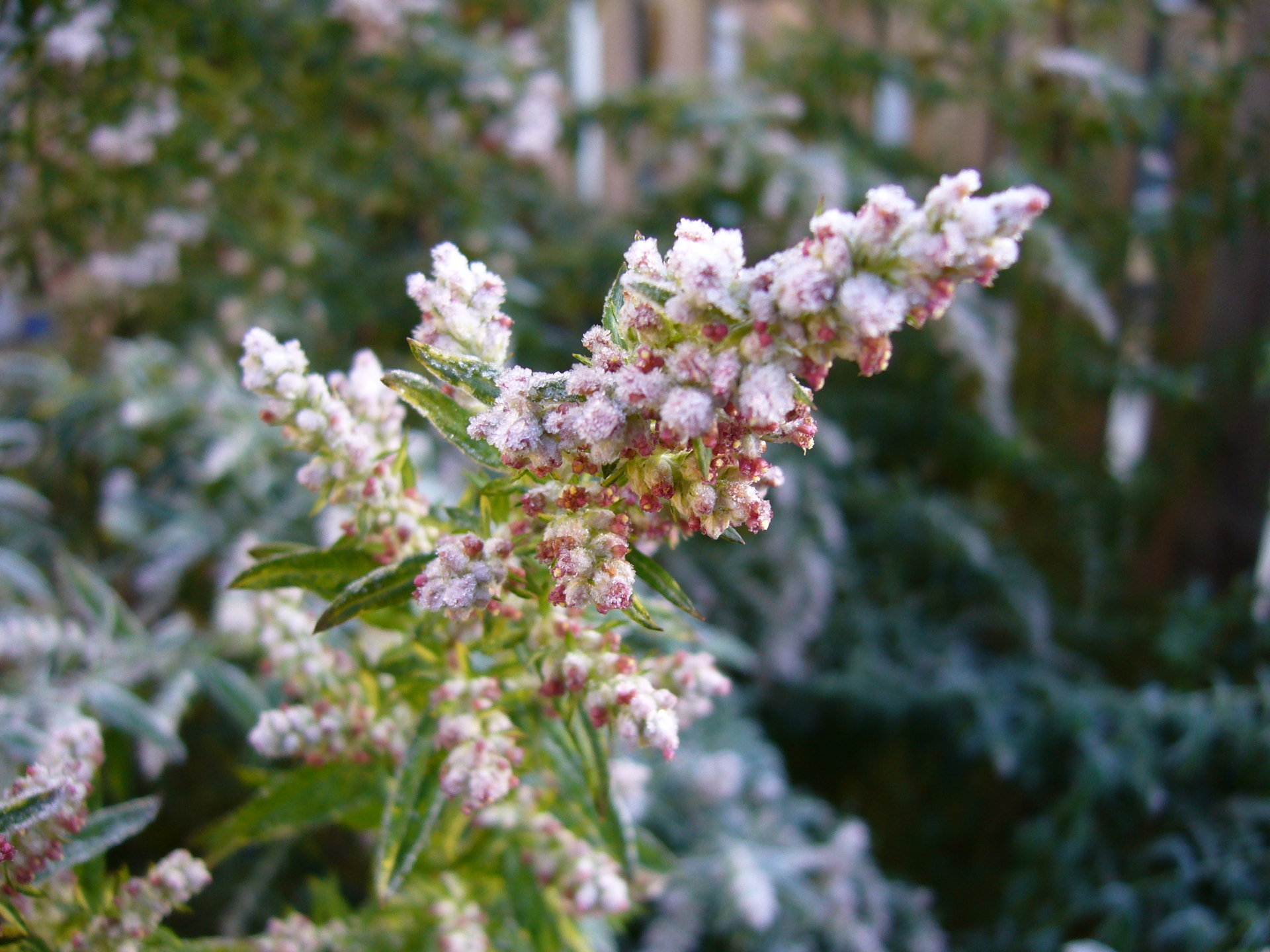
Preparing your garden for winter
An important part of making your garden great in summer means preparing it in autumn and making sure that the winter does not cause any unnecessary damage. If you don’t prepare your garden for the cold weather ahead, you will find that many of your most precious plants will perish. Since autumn is just around the corner, now is the time to get your garden in shape!
Start by going through your garden with a fine-tooth comb. Remove any weeds as well as any plants you no longer want in your garden for whatever reason. If you have any annuals (plants that only grow and flower for a single year) then you might want to pluck these from the soil as well. This will help make room for new additions!
Once you have given your garden a good cleaning, you might be interested in planting a few bulbs. Not all bulbs can be planted this early but there are a few that will enjoy a long nap over the winter and sprout as soon as the weather starts warming up. Some examples of bulbs that you can plant include the Dutch Iris, the Darwin Hybrid Tulip, the Parrot Tulip and Apricot Daffodils.
Make sure that you trim your trees. Those heavy and damaged branches will prove quite the nuisance during high winds and heavy snowfall. If you have any potted plants that prefer warmer conditions, you might want to move them inside during the harsh cold weather. You can always move them back outside when spring arrives.
Some might say that fertilizing before winter is not ideal and that the increased precipitation will only wash the nutrients away. However, if you fertilize now, any rain and snow will actually allow the nutrients to flow down into the soil. If you fertilize and then lay down a reasonable amount of mulch, you won’t need to worry about compromising the quality of your soil. Fertilizing now is great in case of a dry spring season. It will ensure that the nutrients are well and evenly distributed in the soil. When your trees and plants come out of their dormant state, they will have more than enough food to ensure a solid start to the season.
Finally, keep your local wildlife in mind when you think about removing plants and trees. Winter can be particularly hard on birds and other tiny creatures so try to keep as much of your garden in tact as possible.
